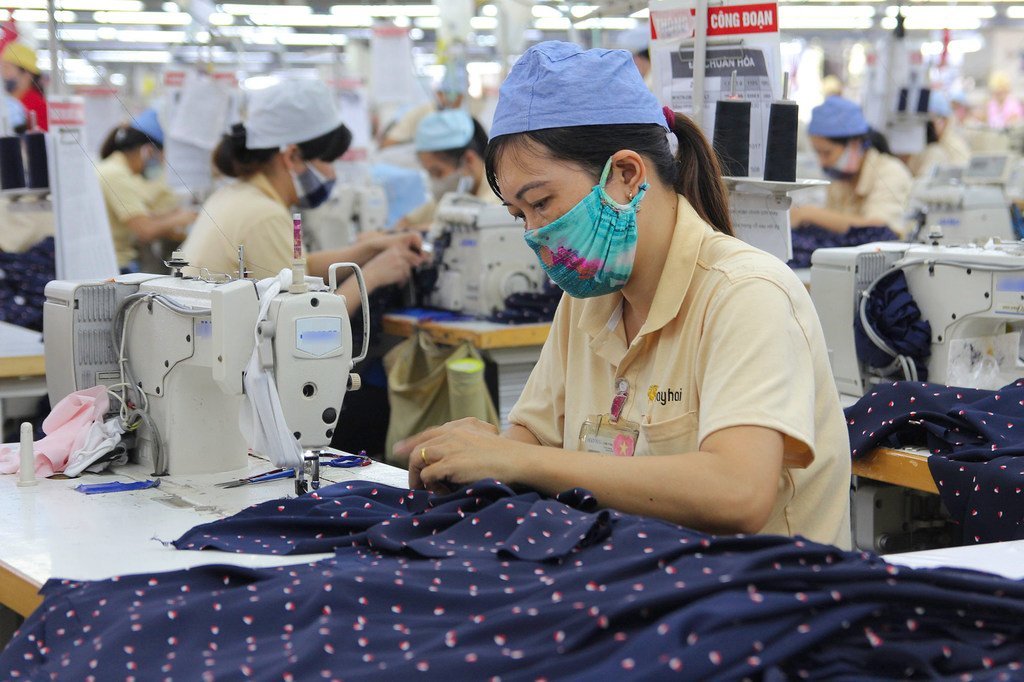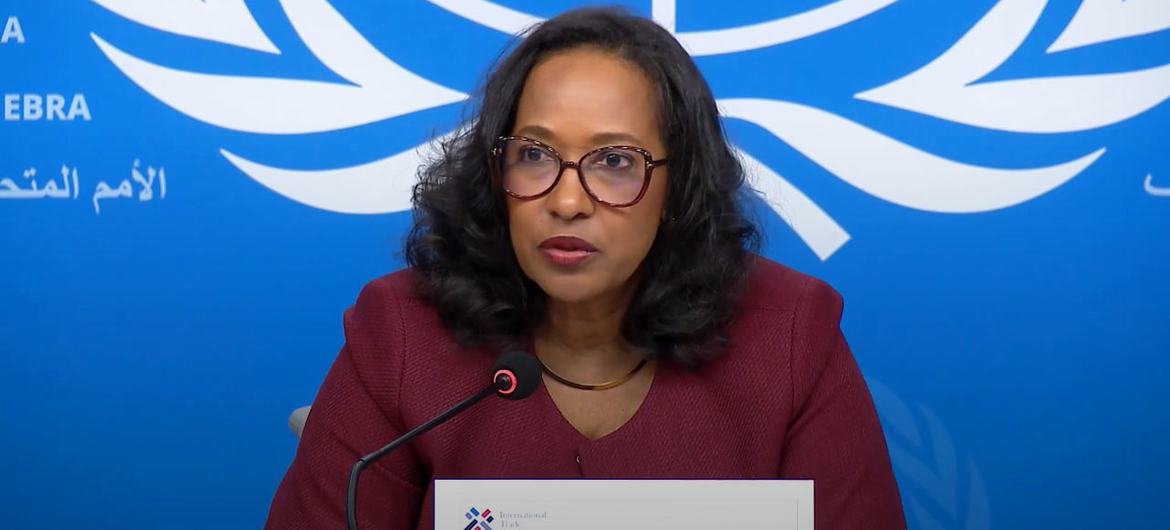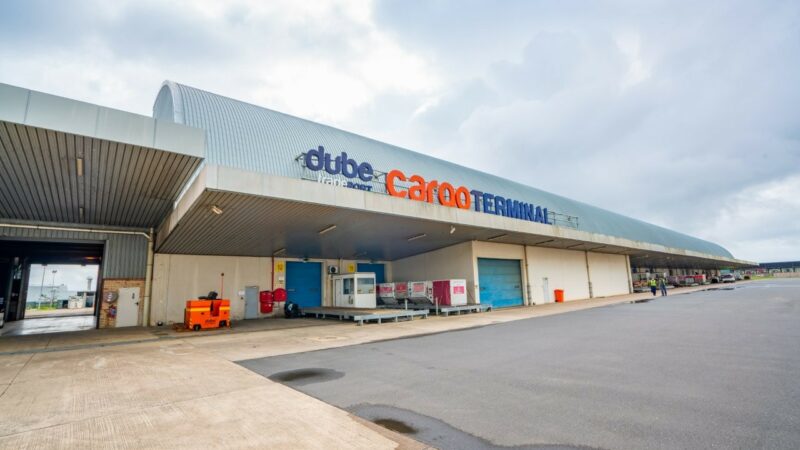Tariffs: A “Perfect Storm” Brewing in Developing Countries

As planned budget cuts to development aid begin to cause “serious damage” in developing countries, a United Nations agency warns that a “perfect storm” is brewing in the Global South due to increasingly “unpredictable” trade patterns.
According to the International Trade Centre (ITC), the massive tariffs and countermeasures enacted by U.S. President Donald Trump could have a “catastrophic” impact on developing economies.
In an assessment of the impact of U.S. tariffs following the 90-day pause announced by Washington in April, the ITC notes that developing countries are now facing higher costs to export goods such as garments and agricultural products to the United States.
“Although the pause offered some relief from reciprocal tariffs, a 10% surcharge has been added to existing duties,” said Pamela Coke-Hamilton, Executive Director of the ITC, at a press briefing in Geneva.
Tens of Thousands of Jobs at Risk
While the reciprocal tariffs were initially expected to take effect on Wednesday, July 9, they have now been postponed until August 1. “This measure prolongs the period of uncertainty, undermining long-term investments and trade agreements, thereby creating further instability,” Coke-Hamilton added.
The countries facing the steepest reciprocal tariffs are also among the least developed. The ITC highlights the cases of Lesotho, Laos, Madagascar, and Myanmar, which are facing tariff rates between 40% and 50%.
Laos and Myanmar are now both subject to a 40% tariff, down slightly from the initial rates of 48% and 44% respectively, but still “among the highest rates announced so far.”
Lesotho, which exports nearly 60% of its garments to the U.S., is expected to face a 50% tariff—nullifying the duty-free access provided under the African Growth and Opportunity Act (AGOA), which may expire in September in any case.
“The future of the country’s main industry is now in question, and tens of thousands of jobs are at risk,” said Coke-Hamilton.

Vietnamese Goods
Vietnam, one of only three countries to have negotiated a new rate with Washington, sends over a quarter of all its exports to the U.S. Hanoi now faces a 20% tariff. Although this is lower than the reciprocal rate of 46% it originally faced, it is still double the current 10% tariff.
“Our data shows that Vietnam’s exports of automobiles and related products to the United States totaled around $937 million last year. The newly agreed tariffs could reshape trade between the two countries and have ripple effects on other nations in the region.”
Cuts to Development Aid
The uncertainty caused by tariffs and related trade measures is compounded by sharp cuts in development aid. According to the ITC, this constitutes a “double shock” for developing countries in both trade and aid.

African Continental Free Trade Area
In the face of this “bleak outlook,” the ITC advocates for greater integration among developing countries, citing the African Continental Free Trade Area (AfCFTA) as an example. “Intra-African trade currently stands at between 14% and 16%. Imagine what could happen if it reached 40% or 50%,” said Coke-Hamilton.
The ITC also urges the processing of goods before export in order to retain more value locally.
Lastly, the agency calls for small business agendas to become global priorities. “When small businesses in developing countries are able to sustain and even grow their operations, they contribute to stability, as they represent 90% of all firms and two-thirds of jobs worldwide,” Coke-Hamilton concluded, highlighting the first-ever Global Ministerial Conference on SMEs to be held in Johannesburg from July 22 to 24.
The G7 countries, which collectively account for around three-quarters of all official development assistance, are expected to slash aid spending by 28% next year compared to 2024 levels.
“This would be the largest aid cut in the 50-year history of the G7,” according to the NGO Oxfam.
“In short, under current conditions, a ‘perfect storm’ is brewing: while trade becomes more unpredictable, external support through aid is also shrinking,” warned ITC Executive Director Pamela Coke-Hamilton.
The International Trade Centre is a joint agency of the World Trade Organization (WTO) and the United Nations, founded in 1964. Its mission is to help developing and transitioning economies achieve sustainable human development through trade.





